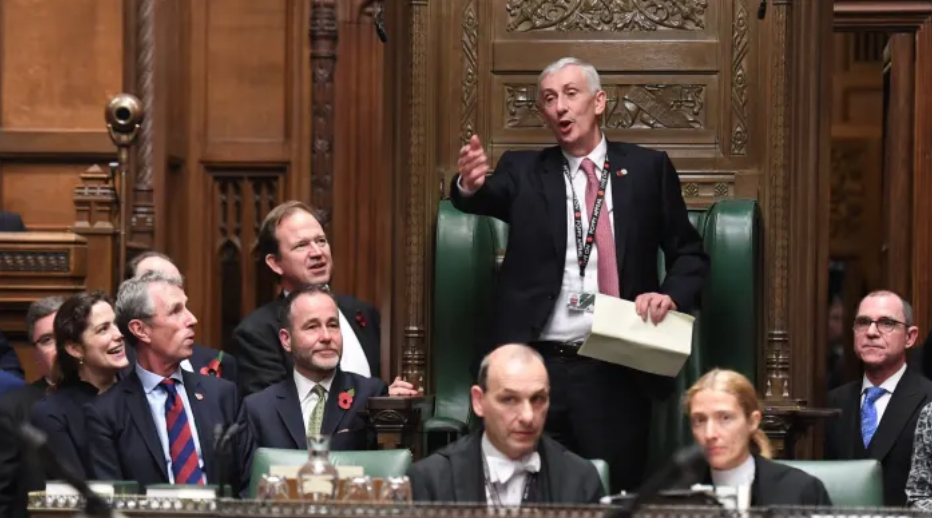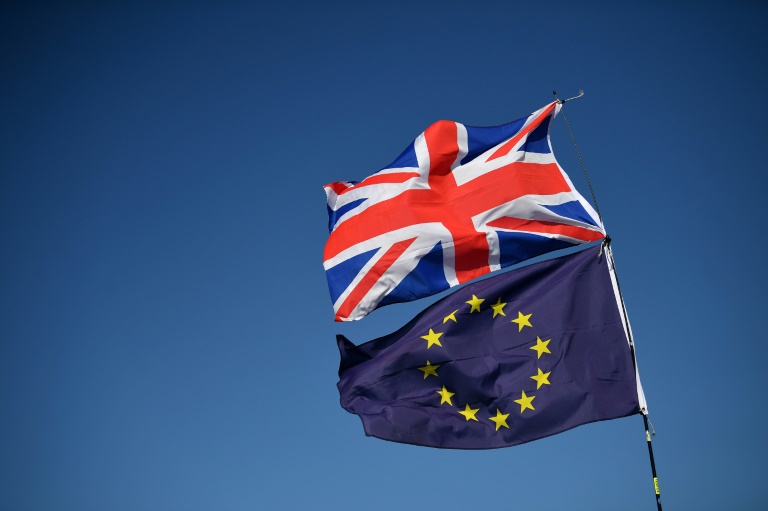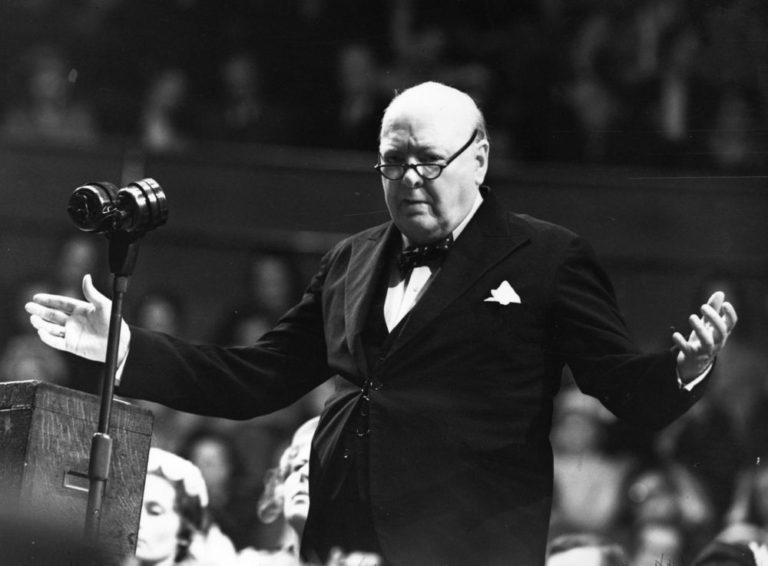
Image courtesy of Jessica Taylor/UK Parliament
The US House of Representatives and Senate are as rife with bitter partisan division as any governmental system that exists in the world, yet decorum is sacrosanct. Members will politely address the chair to be recognized and are acknowledged with a sober, scripted response often read to the chair by the parliamentarian. The House of Commons in UK’s Parliament, however, is a different story.
“Don’t gesticulate, don’t rant—spare us the theatrics!”
“I’m not interested in people chuntering from a sedentary position to no obvious benefit or purpose.”
“Behave yourself! Be a good boy, young man!”
Reprimands like these, and more guttural yells of “order,” pronounced “oohdaaaah,” than can easily be counted (14,000, to be exact) have boomed from Speaker John Bercow’s chair since 2009. This month they’ve ceased: Bercow has stood down and his top deputy, Labour MP Lindsay Hoyle, has been elected as Parliament’s newest Speaker of the House of Commons—a position with such incredible legislative and parliamentary power that it commands a salary higher than that of Prime Minister Boris Johnson.
An important question before Brexiteers and Remainers alike is whether or not Hoyle will maintain the relative impartiality and advocacy for backbenchers (MPs who don’t hold office in the government or opposition) that Bercow exemplified. It’s hard to imagine any MP equaling Bercow’s inclinations for the theatrical nor his gallant verbosity, but Speaker Hoyle has pointed to other ways in which he might differ from his predecessor, including the promise that under his leadership the House “will change, but it will change for the better.” Greater transparency and accountability from the chair are among the new speaker’s goals for the House, likely in response to Bercow’s critics claiming that he favored opponents of Brexit. This notion was evidenced not merely by an anti-Brexit sticker on his wife’s car, but by Bercow’s particular administration of the byzantine rules of Parliament and Great Britain’s unwritten constitution.
Bercow’s decision to utilize “additional procedural creativity” in allowing opposition and conservative MPs to pass legislation preventing a so-called no-deal Brexit was widely criticized as a slight to the majority government. At the time, Bercow claimed he was merely standing up for the rights of the legislature. Almost immediately after his retirement, however, he called Brexit the UK’s biggest political mistake since World War II. Already, the influence of Bercow’s dubious impartiality as speaker upon his predecessor is clear: last week, Hoyle clarified that parliamentary procedure concerning the relationship between government and opposition should be clarified, emphasizing that the majority party in the House of Commons should have the legislative strength merited by their due election.
The EU has agreed to extend its Brexit deadline to January 31, 2020, but drastic change may come to the UK before the calendar year is over, as its general election falls on December 12. Will voters reject PM Boris Johnson’s continual postponements of Brexit, like they did Theresa May’s failures to secure a satisfactory withdrawal agreement? The Leader of the Opposition, Jeremy Corbyn, has vowed to “sort” Brexit should he find himself in 10 Downing St., yet failed to clarify whether or not that means securing a deal or stopping Brexit entirely. The UK has waited three years for a resolution to Brexit–whatever its people or their government in the House Of Commons decides, both are hopeful that Speaker Hoyle will maintain a delicate balance of overseeing the House from a position of political impartiality while advocating for backbenchers, even as they chunter on.
Ryan Radulovacki



